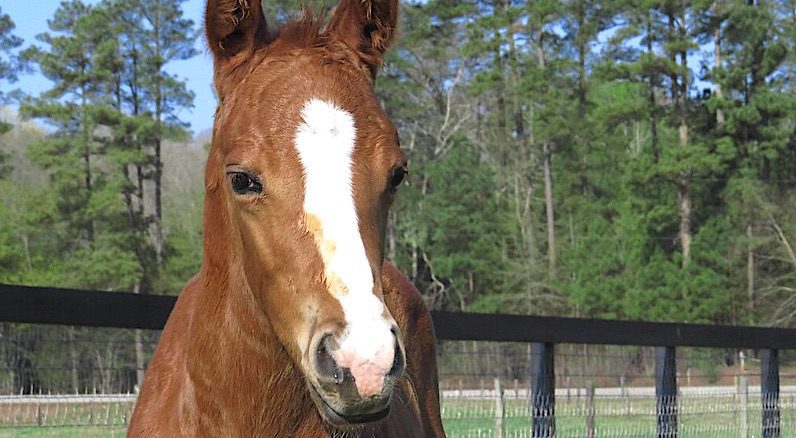State Veterinarian Michael J. Neault has announced South Carolina’s first case this year of Eastern Equine Encephalitis (EEE).
The 18-year-old gelding was from in Sumter County, said Neault, who directs Clemson University’s Livestock Poultry Health unit. The animal’s vaccination status was unknown and he was euthanized due to his deteriorating condition.
The National Veterinary Services Laboratories confirmed the diagnosis on Friday afternoon, Sept. 3.
Neault reminded horse owners to work with their veterinarian to create an appropriate vaccination schedule to protect their animals from EEE, West Nile virus (WNV), and rabies.
Borne by mosquitoes, these diseases have a very high mortality rate in infected, unvaccinated horses – between 30 and 40 percent for West Nile and 90 percent for EEE. However, widespread vaccination has kept the number of cases comparatively low in South Carolina compared to nearby states.
Likewise, mosquito control is an important precaution. Both EEE and West Nile Virus are maintained in nature through a cycle involving the freshwater swamp mosquito, Culiseta melanura, commonly known as the black-tailed mosquito.
The EEE and WNV viruses are mosquito-borne and fast-acting. Symptoms of EEE in horses usually develop from two to five days after exposure. The symptoms include stumbling, circling, head pressing, depression or apprehension, weakness of legs, partial paralysis, the inability to stand, muscle twitching or death.
In addition to EEE and WNV, other neurologic diseases, including rabies and EHV-1, can infect horses. Any livestock that display neurologic symptoms — stumbling, circling, head pressing, depression or apprehension — must be reported to the state veterinarian at 803-788-2260 within 48 hours, according to state law.
A list of reportable diseases, along with other resources, is published on the LPH website at
www.clemson.edu/public/lph/ahp/reportable-diseases.
END
Get in touch and we will connect you with the author or another expert.
Or email us at news@clemson.edu

